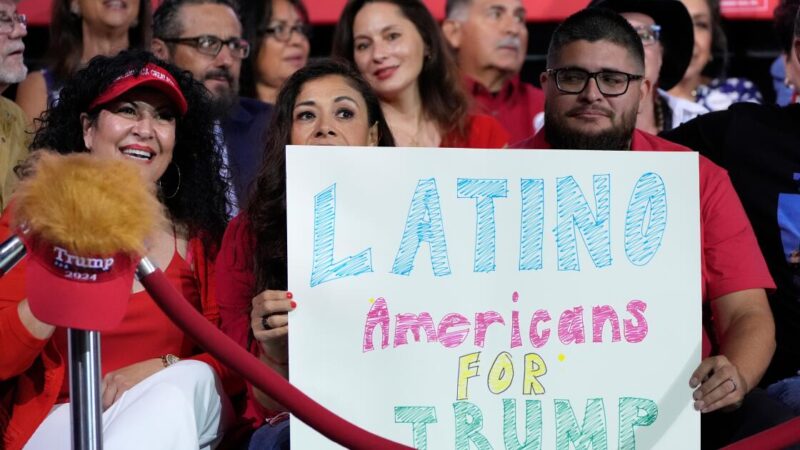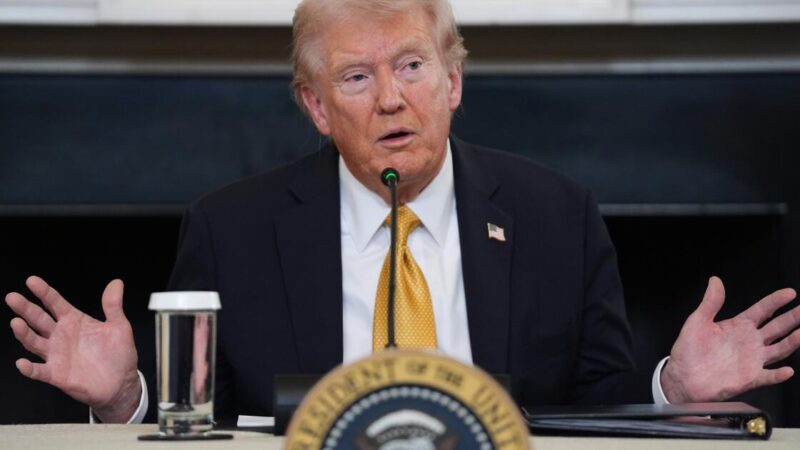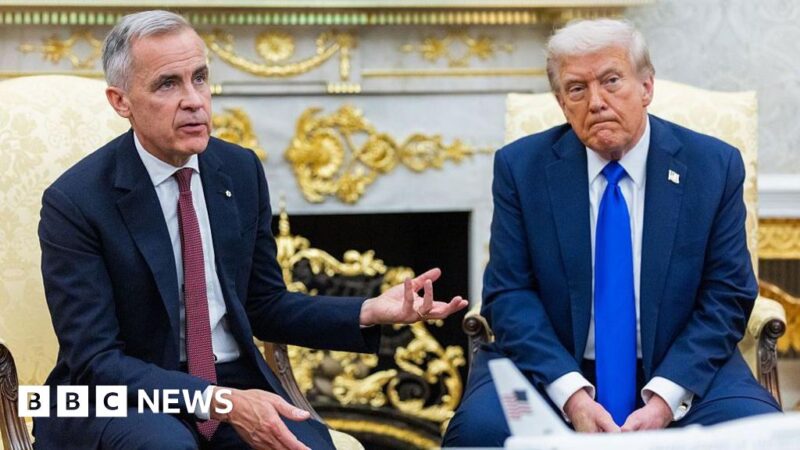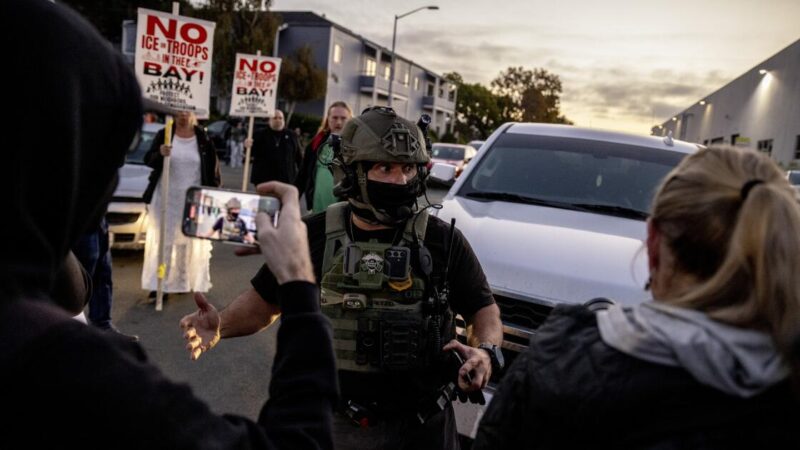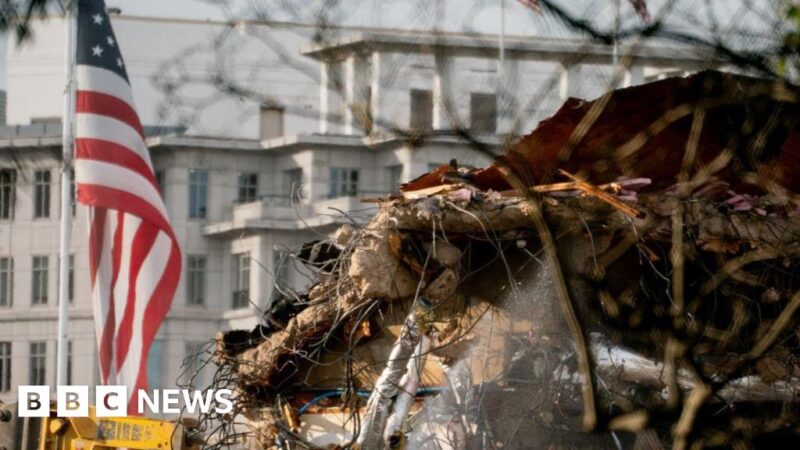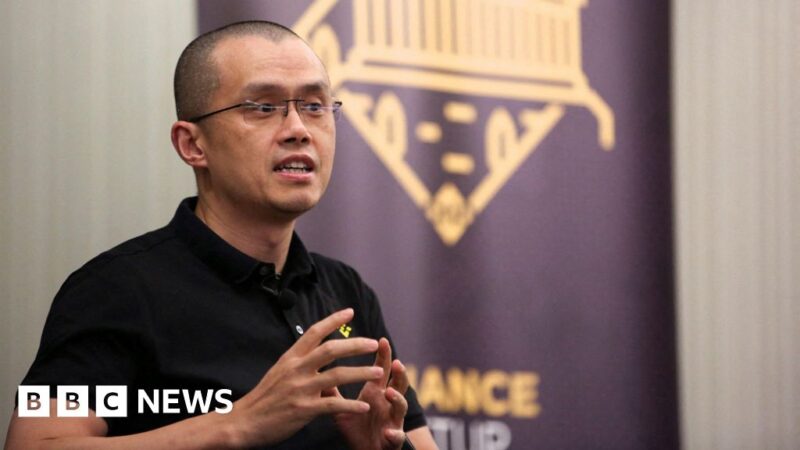Trump wields axe over ‘Democrat Agencies’ as blame game rages on Capitol Hill
President Donald Trump has said he and his budget director will work out which “Democrat Agencies” to cut as the US government shutdown approached its third day.
He suggested Republicans should seize the opportunity to “clear out dead wood” and gave no hint of concessions to Democratic demands that legislation funding the government should include healthcare insurance subsidies.
Republicans and Democrats on Capitol Hill, meanwhile, continued to blame each other for failing to keep federal agencies open.
Hundreds of thousands of federal workers are staying home, while others worked without pay. Some federal attractions closed to visitors while others, including the Statue of Liberty, stayed open.
Analysts don’t expect either side to budge without pressure from everyday Americans, most of whom have yet to feel direct impacts on their lives.
It was unclear exactly what Trump could decide in Thursday’s meeting with Russell Vought, director of the US Office of Management and Budget (OMB).
When Congress fails to keep the US government open, the OMB director works with the president to pick which government activities should stop and which are essential.
It then gives directions to federal agencies about which employees to place on furlough, which means unpaid leave.
On the first day of the shutdown, Vought said the White House had moved to pause or cancel billions of dollars in funding meant for Democratic states, including $18bn (£13.4bn) in infrastructure projects in New York – home of both Senator Chuck Schumer and the Democratic leader of the House of Representatives, Hakeem Jeffries.
Both sides must come together to pass legislation if the government is to reopen.
Republicans need eight Democratic senators to vote with them, while Democrats need 13 Republicans to side with them. Only three Democrats joined with Republicans on the last failed vote in the Senate on Wednesday.
Lawmakers are expected to try again on Friday afternoon to resolve the impasse with a vote in the Senate.
Republicans want to pass a funding measure without anything else attached, but Democrats want to include a renewal of health insurance subsidies for low-income individuals set to expire at the end of the year.
In duelling press conferences on Capitol Hill on Thursday, neither party appeared willing to give ground.
House Speaker Mike Johnson called Democrats “selfish”, dubbed it the “Democrat shutdown”, and said he would not negotiate on adding insurance subsidies – or other measures – to government funding.
Jeffries accused Republicans of not wanting to provide working-class Americans with healthcare and said Trump’s threats to fire more federal workers were pointless. He noted: “They have been firing federal employees all along.”
Lee Miringoff, director of the Marist University Institute for Public Opinion, said his polling suggested Americans were largely split down party lines when it came to assigning fault for the shutdown.
Majorities of both Democratic and Republican respondents to his polls blamed the other party for the shutdown, he said, while 41% of independents said both parties shared the blame equally.
“Both of the parties have mastered the finger-pointing, and all we’re left with is a growing number of people think the country is headed in the wrong direction,” Miringoff said.
He expected Americans to put pressure on Congress to reopen the government – but not until they see the impact of a shutdown on their own lives.
As politicians traded barbs, US government services started to grind to a halt and thousands of federal workers stayed home.
About 750,000 federal workers were expected to take unpaid leave, according to an estimate from the Congressional Budget Office (CBO).
Federal employees deemed “essential” continued to work, though without pay. They include more than 200,000 law enforcement officers.
Air traffic controllers and Transportation Security Administration (TSA) workers are considered essential, so air travel will not immediately be affected.
During the last shutdown these employees increasingly began to call in sick, leading to some delays at major airports.
Tourists were turned away from museums in Washington and New York, including at Federal Hall in Manhattan.
A manager told the BBC the building was closed like other federal monuments.
George Washington, the first US president, took the oath of office there in 1789. Now a museum, the historic building also was home to the first Congress and Supreme Court.
But not all monuments are closed.
Elsewhere in New York, the Statue of Liberty and Ellis Island remained open, “thanks to the leadership of President Donald J Trump”, a Department of the Interior spokesperson told the BBC.
The Smithsonian, which includes more than a dozen museums and attractions that drew nearly 17 million visitors last year, told the BBC it had enough money to stay open for a week.
news/articles/ckg201rnw2zo?at_medium=RSS&at_campaign=rss”>Source link

